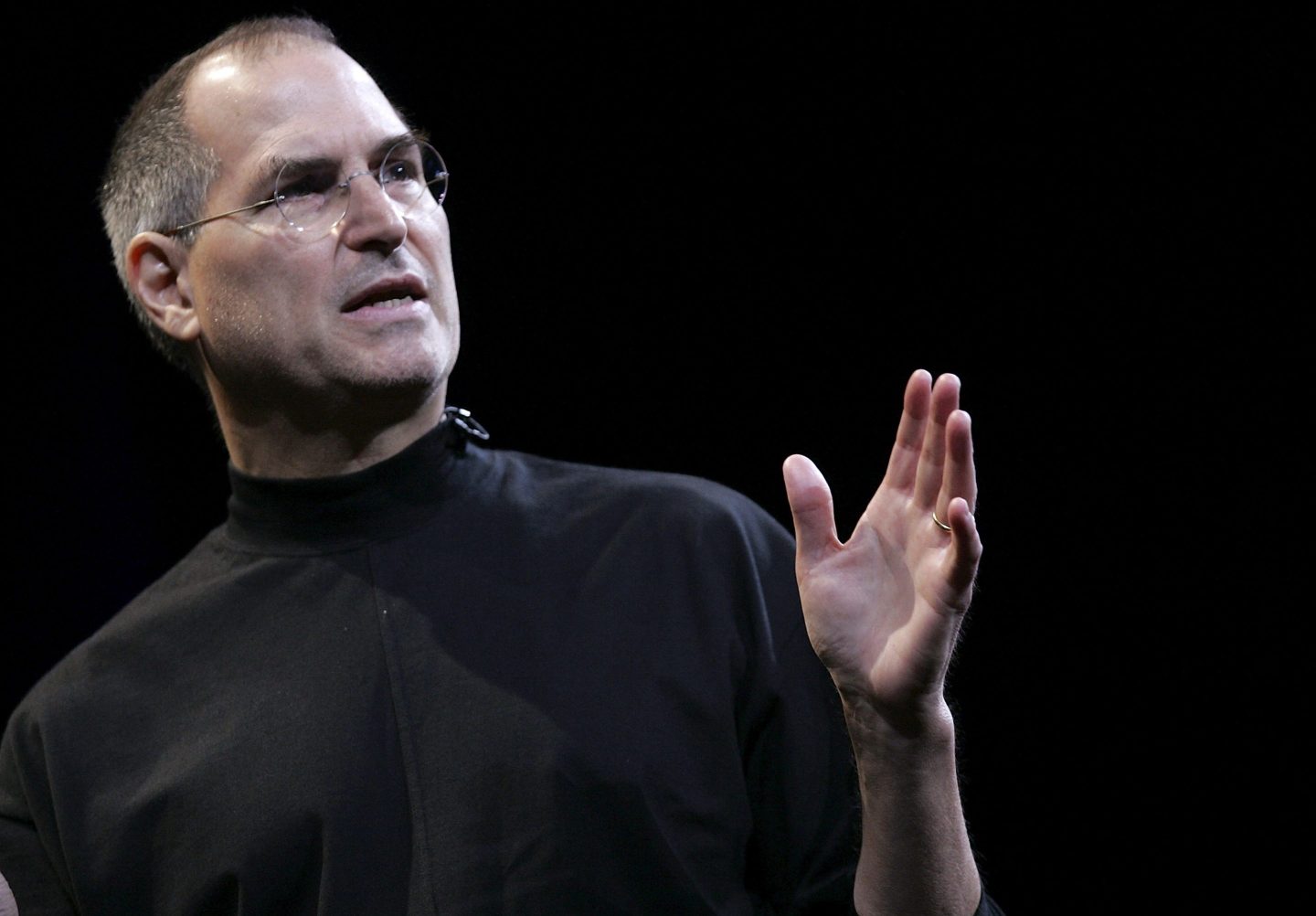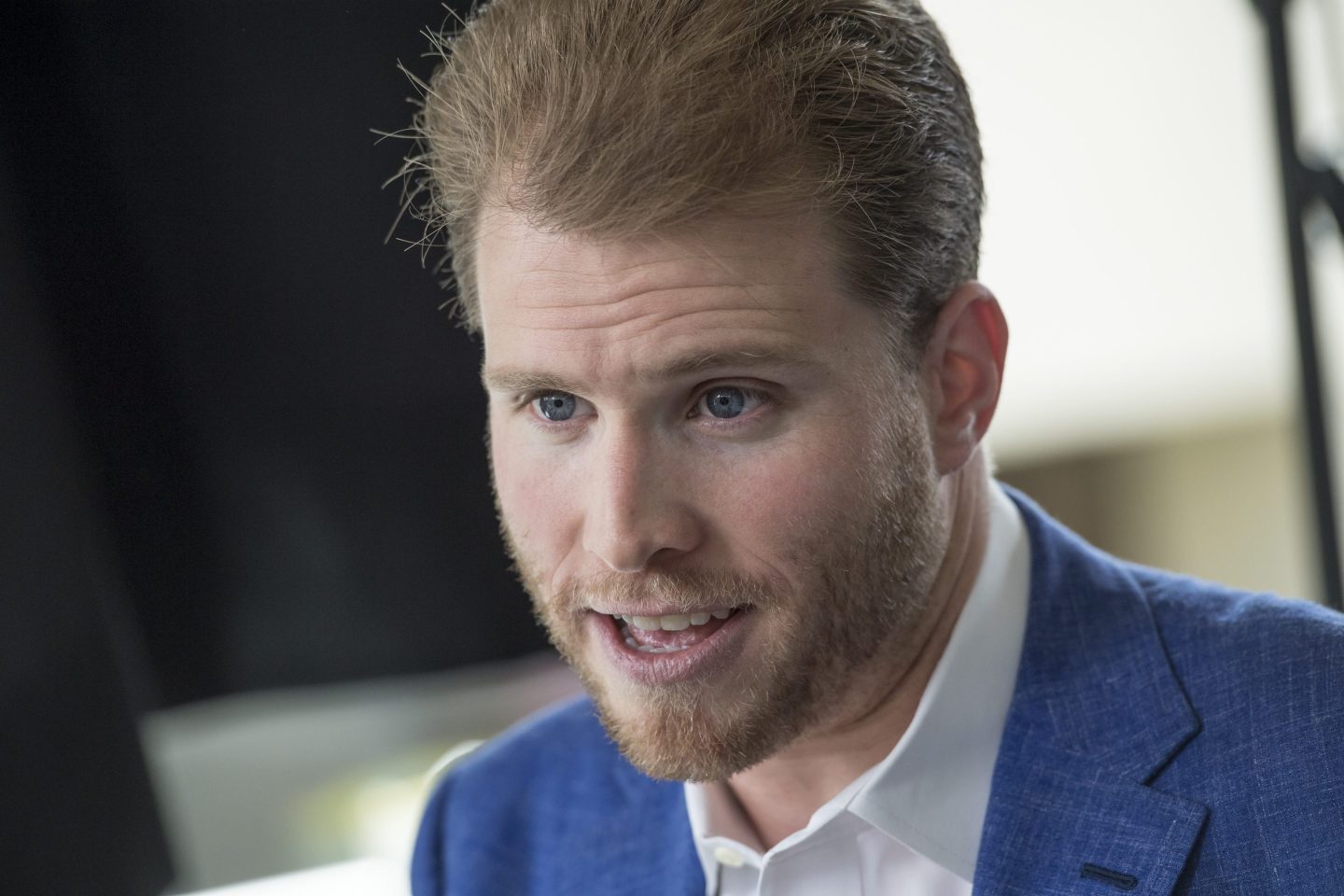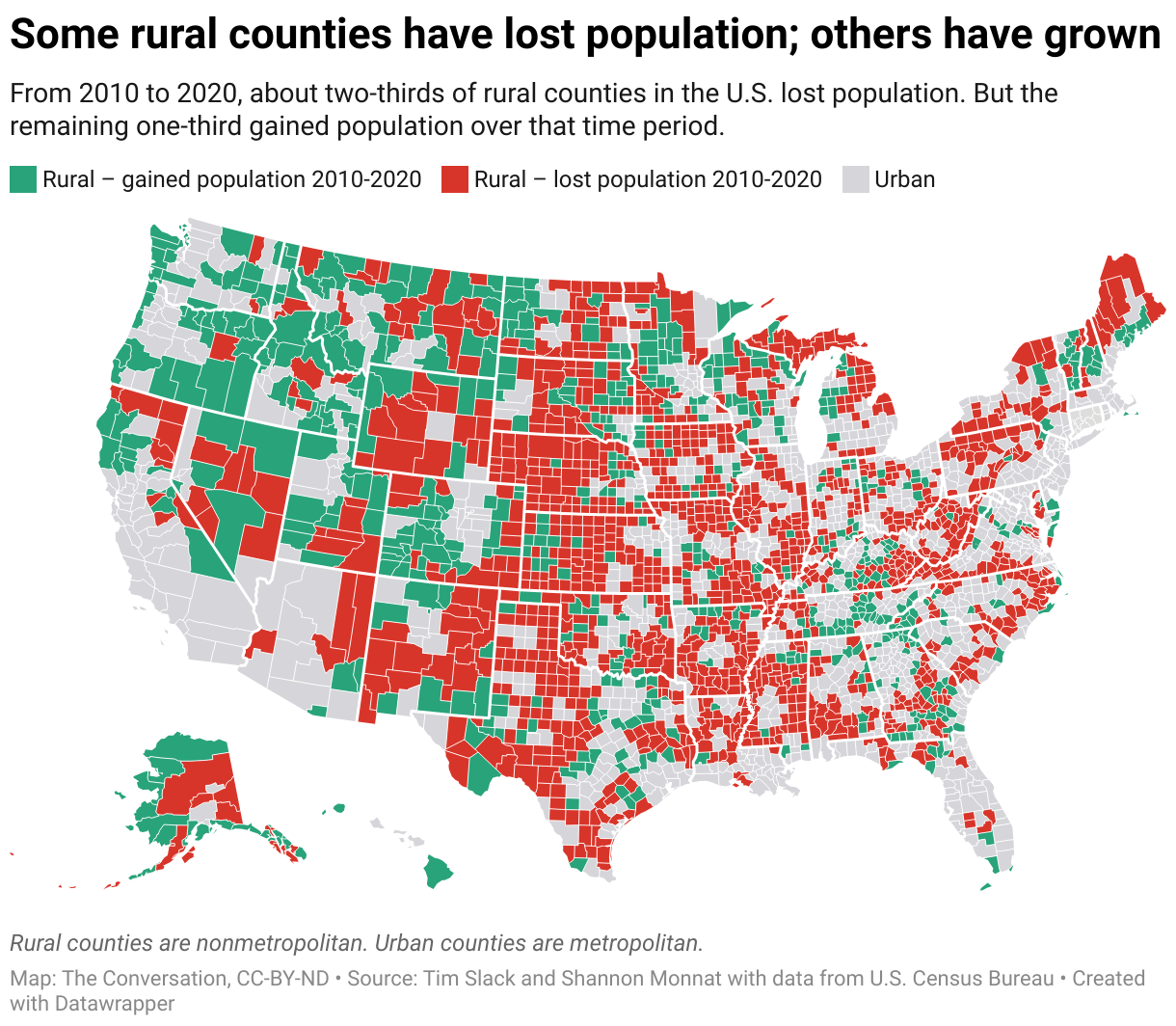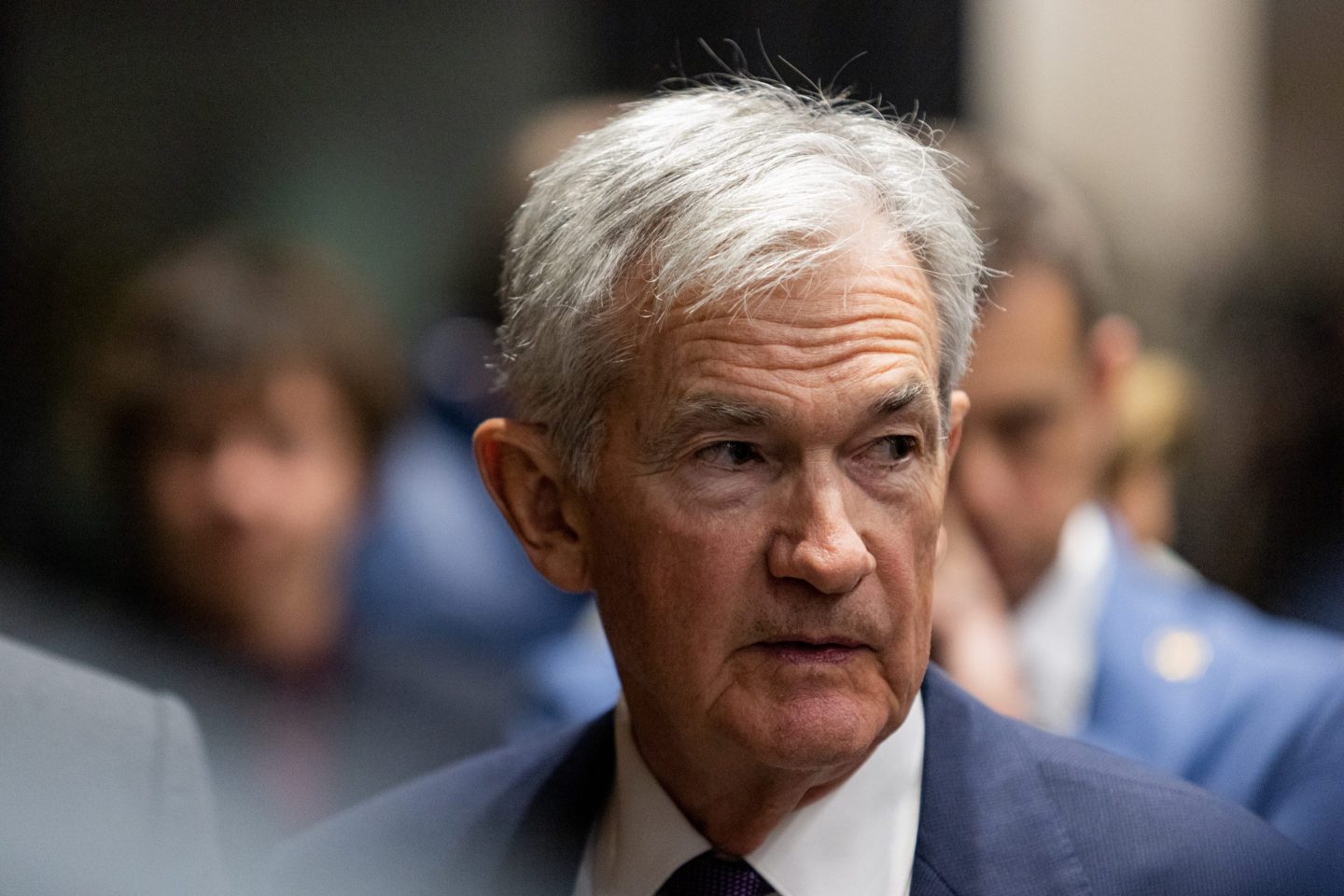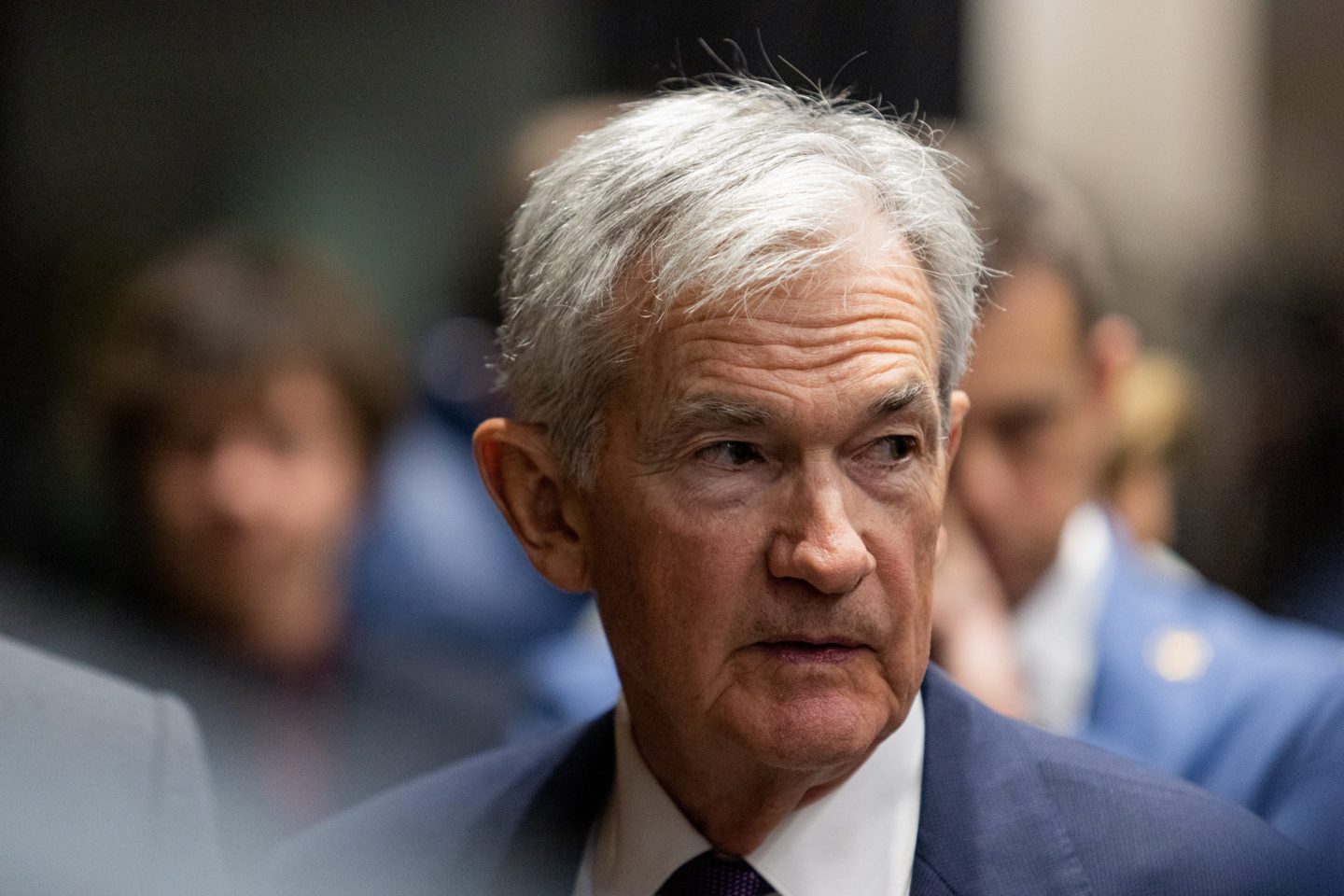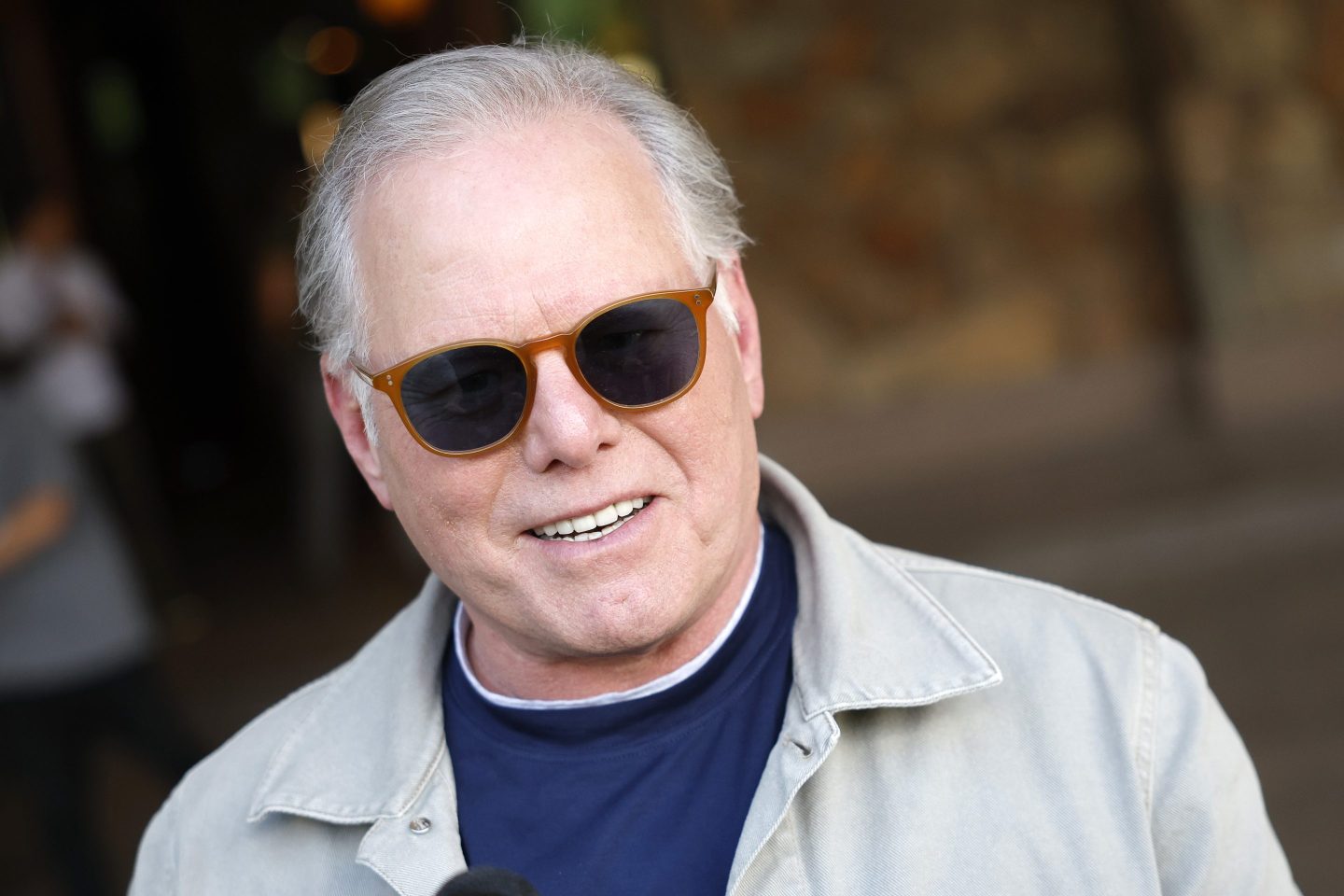While the debate over remote work and return-to-office mandates rages on, one venture capitalist has identified what he sees as part of the problem.
In 2005, Paul Graham cofounded Y Combinator, a Silicon Valley startup that invested early in Airbnb, Stripe, and other successful ventures.
On Saturday, Graham mused on why some company leaders have soured on remote work after embracing it.
“I’ve talked to multiple founders recently who have changed their minds about remote work and are trying to get people back to the office,” he tweeted. “I doubt things will go all the way back to the way they were before Covid, but it looks like they will go most of the way back.”
He didn’t name individuals or companies, but examples abound.
In April, Lyft’s CEO issued a return-to-office mandate one day after laying off more than a thousand employees, despite the company boasting a year earlier about letting staff choose where to work. A similar thing happened at the insurance company Farmers Group recently, with some employees getting angry because they made life changes—like moving to a new city—after being told they’d be remote workers.
Graham suggested on Saturday that the effectiveness of remote work fades over time. That could help explain why some company leaders have grown slowly less enamored with it.
“Why were all these smart people fooled?” he wrote. “Partly I think because remote work does work initially, if you start with a system already healthy from in-person work…and partly because it seemed to solve recruiting, which is always a bottleneck.”
He isn’t the only prominent VC to question remote work.
Keith Rabois, a general partner at venture capital firm Founders Fund, toldThe Logan Bartlett Show last month that younger workers “learn by osmosis,” which requires in-person interaction, and supervisors discover hidden talent by watching them. Neither he nor his firm, he added, would invest in a startup centered on remote work.
OpenAI CEO Sam Altman, who led Y Combinator after Graham’s tenure, recently described remote work as a mistake.
“I think definitely one of the tech industry’s worst mistakes in a long time was that everybody could go full remote forever, and startups didn’t need to be together in person and, you know, there was going to be no loss of creativity,” he said at a Stripe event in San Francisco. “I would say that the experiment on that is over.”
Meanwhile companies are getting stricter about enforcing return-to-office mandates. Google told employees this week that office attendance would be an element of their performance review if they didn’t comply with the three-day minimum for in-office work. A union slammed the move, saying “professionalism has been disregarded in favor of ambiguous attendance tracking practices tied to our performance evaluations.”
At Amazon, employees staged a walkout this month over the company’s return-to-office mandate, which requires employees be in the office at least three days a week. The company seemed unfazed by the protest and is sticking with the mandate.
“There’s more energy, collaboration, and connections happening,” a spokesperson told Fortune, “and we’ve heard this from lots of employees and the businesses that surround our offices.”
Graham acknowledged that “there will definitely continue to be remote-first companies.”
“There were before Covid,” he noted. “It works for some businesses. And there will be types of jobs, like customer service, that will commonly be done remotely. But remote-first won’t be the default.”


